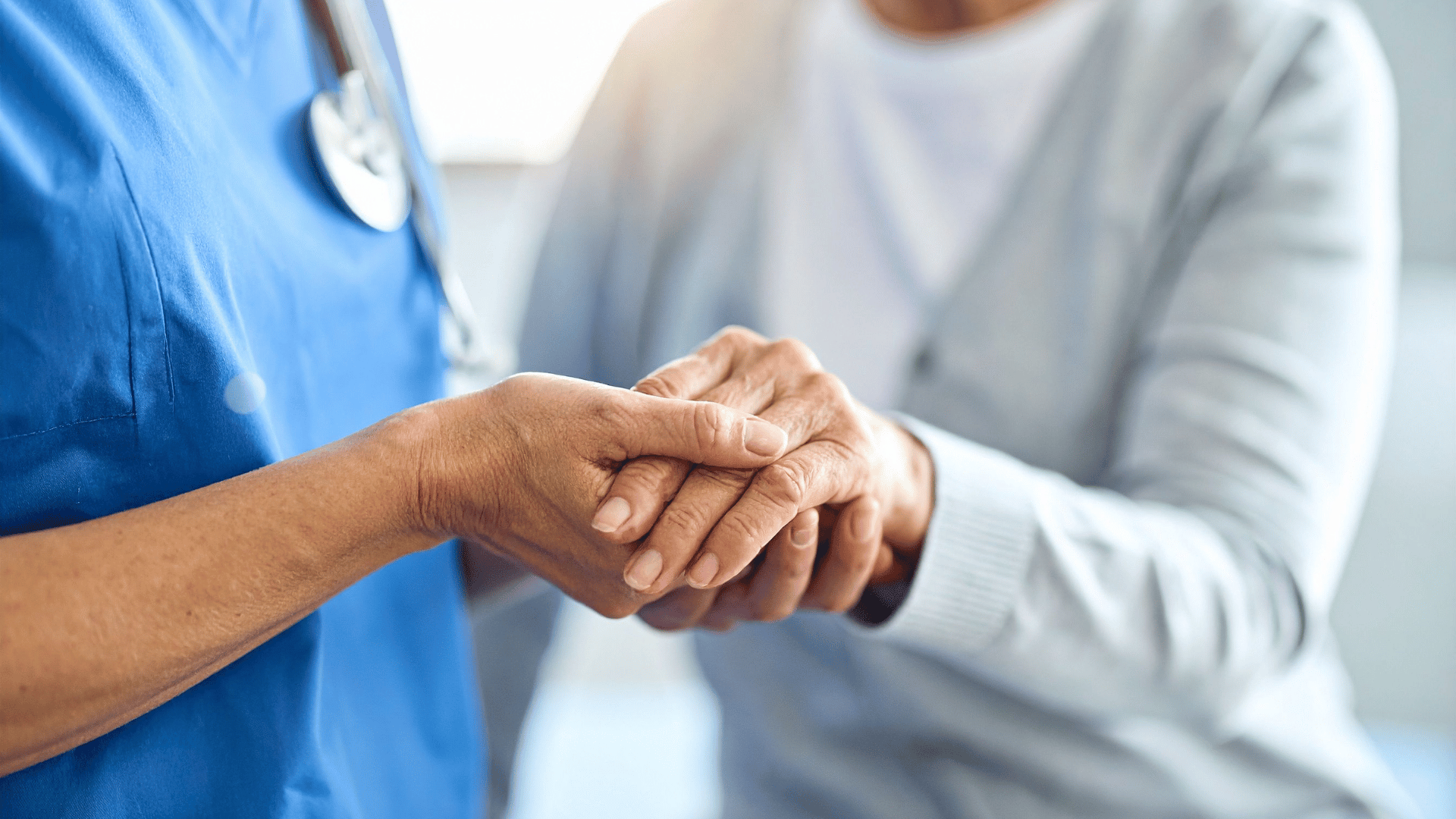Spoiler alert: you don’t need to turn into Gordon Ramsay to do this. I mean, buy some tofu, throw some rice in the cooker, chop a few vegetables and voilà – you’ve got yourself a low-cost vegetarian poke bowl.
These days, it’s common to see the term “self-care” thrown around like some sort of universal, feel-better-instantly checklist. But there’s no one-size-fits-all model. Your routine needs to be tailored to your own needs; it takes a lot of trial-and-error to figure out what works for you. So in case you’re looking for new coping mechanisms to add to your arsenal, here’s my two (three) cents on why you might want to give cooking a shot.
It’s literally taking care of yourself
Cooking is often associated with caring, nurturing, safety, and home. There’s something inherently soothing about the smell of a warm, home-cooked meal. Growing up, we become accustomed to seeing other people cook for us because we’re too young to take care of ourselves. Therefore, the idea or act of cooking reminds us of our caregivers. In my case, I associate cooking with my mom; something about the smell of bacon still makes me think of those Saturday mornings when she’d cook a meaty breakfast and my sister and I would race each other down the stairs to see who got the first slice.
Not only can these pleasant memories fill us with a sense of fondness and gratitude for our loved ones, they can also encourage us to see ourselves as our own caregivers. Treat yourself like your own child: cook hearty meals for yourself, make sure you never go hungry, take pride in feeding yourself with the same kindness and concern as a loving parent would.
Grounding techniques
When you’re cooking, you have to focus your full attention on what you’re doing. You can’t let your mind wander too much – unless you want to lose a few fingers. Whether you’re chopping vegetables or flipping steaks, cooking centers your mind on the present moment and forces you to live mindfully. That’s why it can be really helpful on those days when you feel restless and unable to calm yourself. Just a few minutes of focusing peacefully on one thing can make you feel like a huge weight has been lifted off your shoulders.
The focus that cooking requires can keep you grounded and have therapeutic benefits.
Moreover, cooking helps by speaking to all five of your senses: sight (the bright colors of fresh produce), sound (the light hiss of boiling water), touch (the slipperiness of raw meat or fish), and of course smell and taste. The ability to connect with your physical senses is crucial to increasing mindfulness: this is what’s known as grounding techniques, and it’s one of the major tools used in Dialectical Behavior Therapy.
When your mind feels like a bustling beehive about to burst, it can be helpful to bring yourself back into your body. Try to feel every sensation as deeply as possible; I like to remind myself that the things I can touch and feel have more reality than the thoughts in my head.
Bonding with others
Mental illnesses rarely come alone into your life: they often bring their annoying friends, unhealthy coping mechanisms. Among them, isolation can be especially dangerous: it makes you disconnect from other people and retire into your own world, where you spiral deeper into your dark thoughts. When I find myself falling into that trap, cooking helps me remember that I am not alone – I am a human being, and part of a larger society of people who deal with very similar problems.
As I previously mentioned, cooking is often associated with thoughts of home, safety and comfort. It can be a way of taking care of someone, or even just showing them you care. I always feel an immense amount of gratitude when a friend cooks for me, even if all they did was boil pasta with cheese. On the other hand, I get a weird sense of maternal pride when I cook for a friend. When everything starts to feel overwhelming, it’s nice to know we can make life that much easier for each other through these small gestures.
Have fun with it
Figuring out how to take care of ourselves is one of the most important things we’ll ever learn. Maybe cooking works for you; maybe it doesn’t. But if you’re curious, it doesn’t hurt to try. Remember that you don’t have to be an expert at something to enjoy doing it. No single thing that brings us happiness should ever be taken for granted. So to all the amateur chefs out there beaming over their homemade mac n’cheese – hats off to you.
Feel like talking to someone?
Book a free vent session today.




